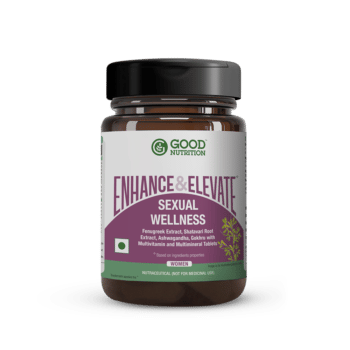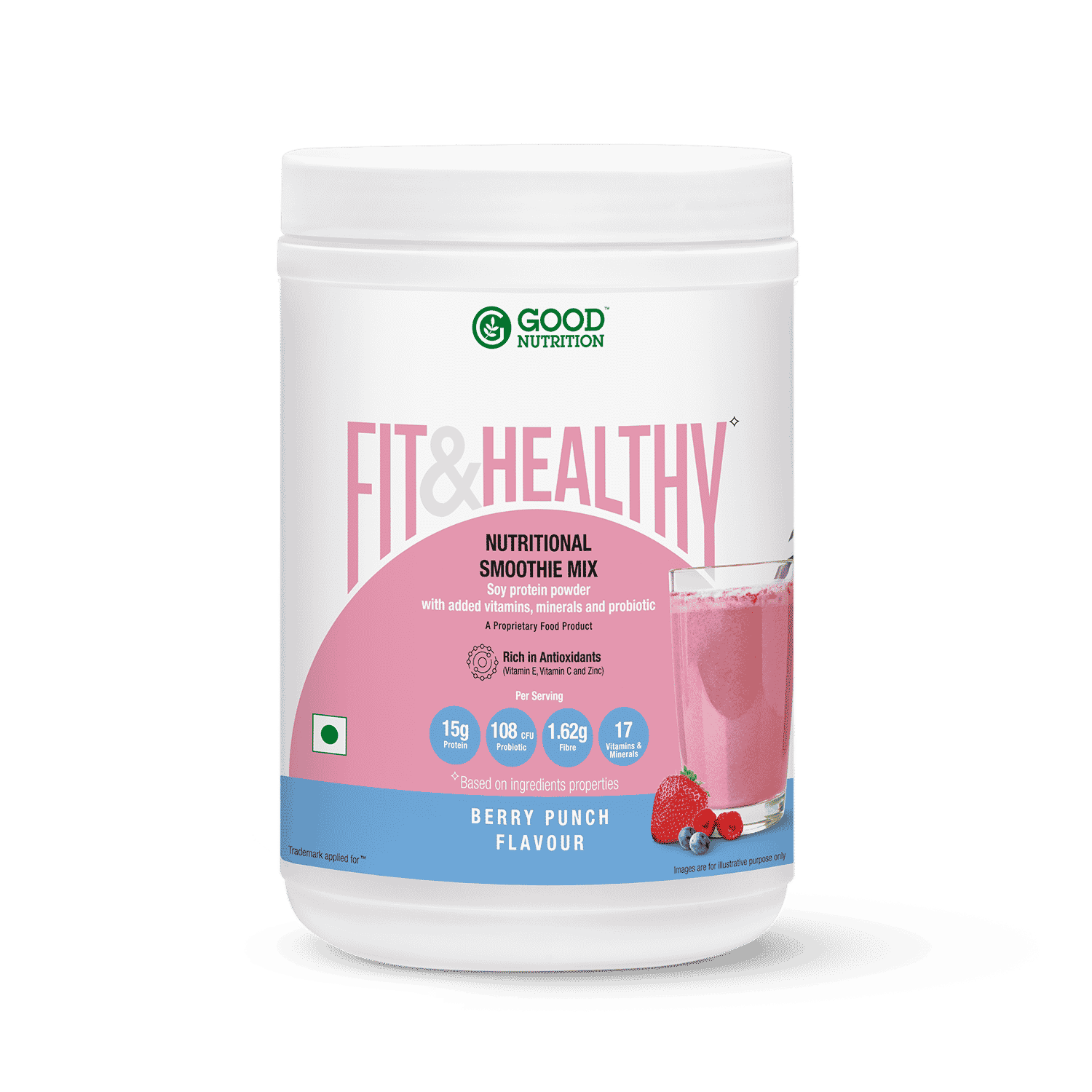Testosterone is the main sex hormones in males, but females also produce some, along with the main female sex hormones, estrogen and progesterone. It’s a steroid hormone, produced by men in the testicles and in women’s ovaries. The adrenal glands also produce small amounts of testosterone.
In both males and females, low testosterone levels can reduce libido and cause fat gain, muscle loss and bone loss.
You can improve your testosterone levels by improving diet and lifestyle measures.
1. Exercise and weight training
Exercise and weight training help increase testosterone levels in men. Evidence suggests that for increasing testosterone levels in obese men, increased physical activity is more beneficial than a weight loss diet. It will come as no surprise that the body reaps several benefits from regular exercise and is primarily one of the most effective preventions of lifestyle-related diseases. It can also boost testosterone levels, even in the elderly. All forms of exercise can be effective but it seems that resistance training, such as weight lifting, and high-intensity interval training are the most effective.
2. Balanced diet
Your diet and nutrition status has a major impact on testosterone, as well as other hormone, levels. For example, constant dieting or overeating can disrupt testosterone levels. It is important to eat sufficient protein, especially in older age.
Each meal should contain some protein, some carbohydrates (wholegrain is best) and plenty of vegetables or salad. Some fats are also essential in the diet but avoid too much saturated fat and trans-fatty acids.
3. Minimise stress to reduce cortisol levels
Chronic stress has a damaging effect on the levels of the hormone cortisol, leaving it in a constant state of elevation, which can, in turn, reduce testosterone levels. High cortisol levels can also lead to increased food intake, weight gain and the storage of harmful body fat centrally around the tummy, increasing the risk of diseases such as diabetes.
4. Get some sun or take a vitamin D supplement
Research shows that vitamin D may work as a natural testosterone booster. Yet despite this vitamin’s general importance, many are deficient in or have sub-optimal levels. Studies also suggest that vitamin D and calcium could optimise testosterone levels in the elderly, which can also lead to a reduced risk of falls. It is hard to sometimes get enough Vitamin D from diet as it is not in many foods, Therefore, Supplementing Vitamin D is important.
5. Other vitamins and minerals
Zinc may boost testosterone levels in athletes, which can be low due to the intense training, and generally, in men with zinc deficiency. Some studies suggest vitamins A, C and E can play a role in boosting testosterone levels, but further research is needed.
As with most supplements, getting the nutrients from the diet is always the best option. Men who follow a vegan diet, however, may not be able to get sufficient of certain nutrients, especially B12, without taking a supplement.
6. Fish oils
DHA found in fish oil has been shown to raise testosterone levels in obese men; one study showed a dose of 2g of enriched DHA fish oil capsules daily (containing 860mg of DHA and 120mg EPA) for 12 weeks) was found to raise testosterone to normal levels. This research backs up similar findings found previously.
7. Use supplements with clinically proven ingredient and be cautious of remedies claiming to boost testosterone
There seem to be hundreds of these on the market, which is a testament to how worried men are about their testosterone levels. However, you should avoid so-called ‘natural’ supplements that promise to increase levels of testosterone. While they may not harm the body, they are unlikely to produce the desired results. Some herbal remedies could be harmful.
Certain natural supplements like Good Nutrition’s Enhance & Elevate with a clinically proven ingredient can help enhance testosterone levels. Good Nutrition’s Enhance & Elevate contains Testofen, a patented Fenugreek extract standardised for 50% Fenuside, which is proven to naturally boost testosterone levels along with other adaptogens.
8. Get enough sleep
Lack of good quality sleep can have major effects on testosterone levels. Everyone is different, and how much sleep your body needs will vary, but studies have shown that only getting five hours of sleep a night has been linked to a 15% reduction in testosterone levels, while only four hours of sleep led to borderline testosterone deficiency.
Several people find they thrive on less sleep, but research suggests that the majority of us need around seven to 10 hours a night to ensure long-term health.
9. Avoid drugs, alcohol and smoking
It’s probably no surprise that smoking, excess alcohol, drug use (including some prescribed drugs), can decrease testosterone levels.
Take-home
A healthy testosterone level is important in both males and females. However, age, stress, poor diet and lifestyle, along with having certain conditions, such as diabetes and high blood pressure, can have a marked lowering effect on testosterone levels.
It has been shown that testosterone levels can be raised, even in the elderly, by adopting some healthy diet and lifestyle habits and trying to ditch the bad ones such as too much saturated fat, too much alcohol and smoking.














